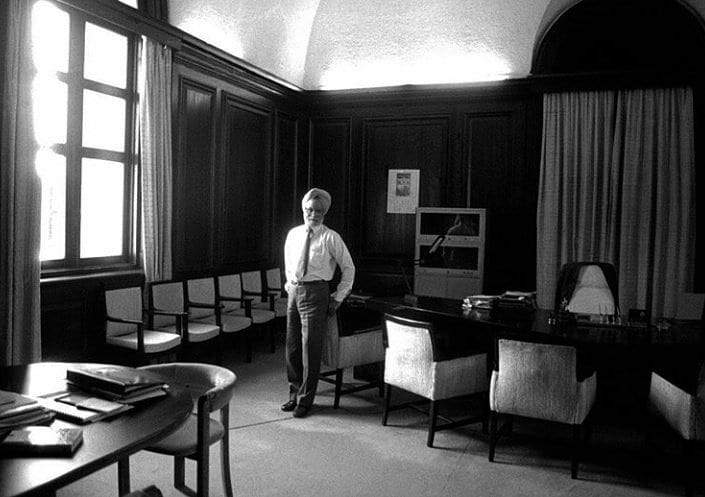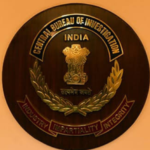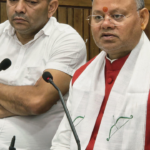Dr. Manmohan Singh, former Prime Minister of India, is widely regarded as one of the most influential leaders in modern Indian history. Known for his intellect, integrity, and economic acumen, Singh played a pivotal role in transforming India into one of the world’s fastest-growing economies. His tenure, spanning from 2004 to 2014, witnessed remarkable achievements, especially in the areas of economic reforms and international relations.
Economic Reforms and Liberalization
Manmohan Singh’s most significant contribution was in the field of economic reforms. As the Finance Minister in the early 1990s, Singh was the chief architect of India’s economic liberalization. His bold decisions to open up India’s economy, reduce trade barriers, and encourage foreign investments turned India from a closed economy to a global player. Under his leadership, India experienced rapid economic growth, reduced poverty rates, and the emergence of a vibrant middle class.
In 1991, when India faced a severe balance of payments crisis, Singh, along with then-Prime Minister Narasimha Rao, made historic decisions to devalue the rupee, deregulate industries, and introduce a market-friendly approach. These reforms laid the foundation for India’s current economic prowess and set the stage for its IT and services sector to flourish.
Technological Advancements and Infrastructure Development
During his tenure as Prime Minister, Dr. Singh focused on advancing technological infrastructure. He strongly supported initiatives to improve the education system, healthcare, and rural development. His policies led to the creation of National Rural Health Missions and the expansion of rural infrastructure, which helped uplift millions of citizens.
Singh’s government also introduced the National Knowledge Network, an ambitious project aimed at enhancing access to high-quality education, research, and innovation across the country. The push for digitization and technological investments strengthened India’s global standing in the IT sector.
Global Diplomacy and Strengthening International Relations
On the global stage, Manmohan Singh helped elevate India’s diplomatic status. His tenure saw India forging stronger relations with major global powers, including the United States, Russia, and the European Union. A notable achievement was the 2008 Indo-US nuclear deal, which opened doors for international collaboration in nuclear energy and strengthened India’s strategic position.
His leadership in the United Nations and other international platforms helped India gain recognition as an emerging global leader. Singh’s approach to foreign policy was one of pragmatism and diplomacy, which improved India’s international standing and fostered economic growth.
Legacy of Integrity and Statesmanship
Beyond his economic and diplomatic contributions, Manmohan Singh is respected for his honesty, humility, and leadership style. Known for his dignified demeanor and commitment to public service, Singh’s legacy is one of integrity. He led India through turbulent times with calm and composure, earning admiration both within the country and abroad.
Manmohan Singh’s tenure may not have been without challenges, but his achievements in transforming India’s economy, bolstering its global image, and improving the lives of millions of citizens cannot be overstated. He remains a symbol of intellectual leadership and an inspiration to future generations of policymakers.
Dr. Manmohan Singh’s legacy as a visionary economist and leader is firmly etched in India’s history. His contributions to India’s economic growth and global stature will continue to be felt for years to come. As India looks to the future, Singh’s work serves as a reminder of the power of thoughtful leadership and progressive policy-making.








